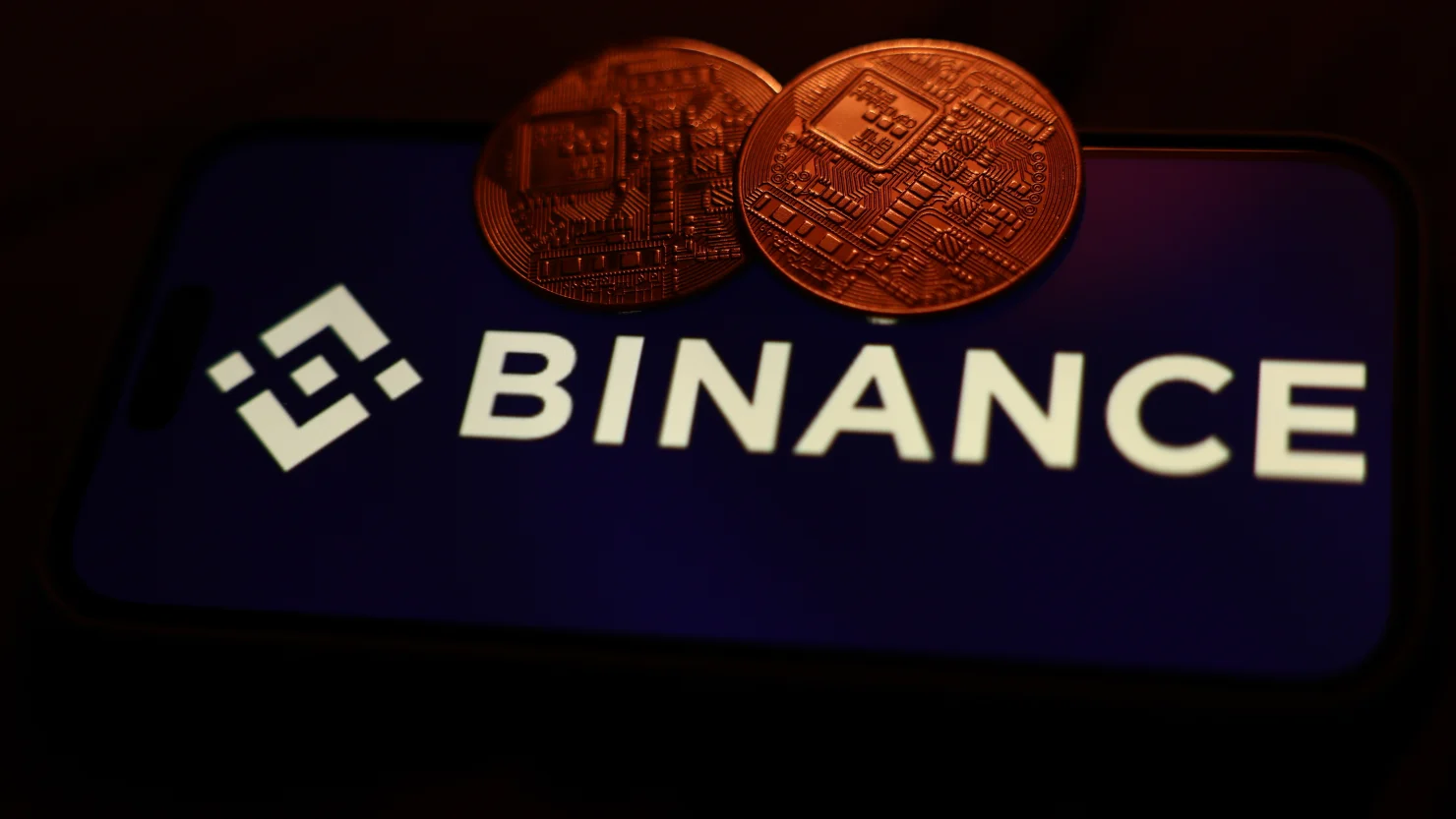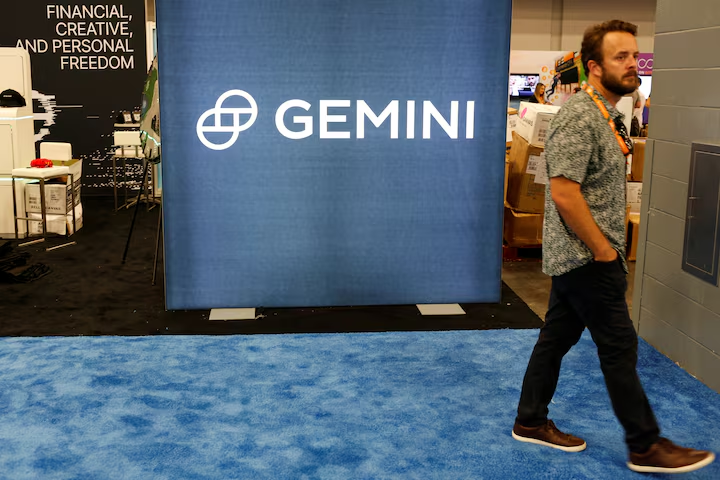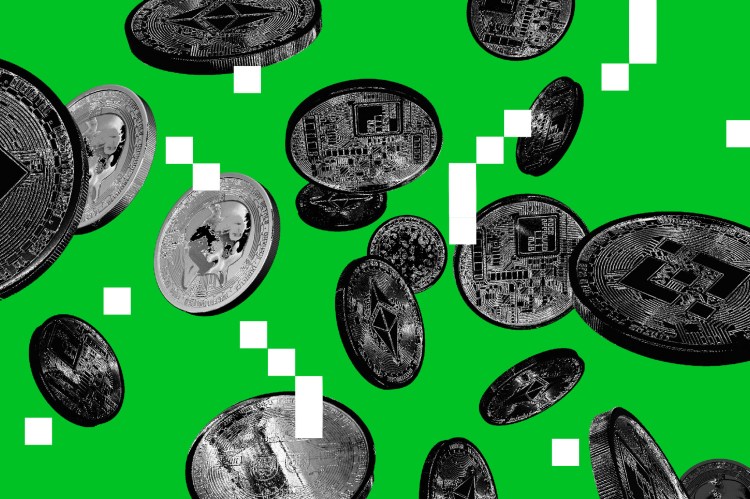On May 29, 2025, the U.S. Securities and Exchange Commission (SEC) voluntarily dismissed its civil lawsuit against Binance and its founder, Changpeng Zhao, marking a significant change in the regulatory landscape for cryptocurrencies under President Donald Trump’s administration.
Key Highlights:
- Dismissal Details: The SEC filed a joint stipulation of dismissal with Binance and Zhao in a Washington, D.C., federal court. The case was dismissed “with prejudice,” preventing the SEC from refiling the same charges.
- Background of the Case: Initially filed in June 2023, the SEC accused Binance of artificially inflating trading volumes, diverting customer funds, and facilitating the trading of unregistered crypto securities. These allegations were separate from a criminal case in which Binance agreed to pay a $4.32 billion penalty, and Zhao served a four-month prison sentence for anti-money laundering violations.
- Regulatory Shift: The dismissal aligns with the SEC’s evolving approach to cryptocurrency regulation under the Trump administration, moving away from aggressive enforcement towards developing a clearer regulatory framework. This shift is evident in the SEC’s earlier withdrawal of a similar case against Coinbase and the establishment of a new crypto task force aimed at creating comprehensive guidelines for the industry.
- Industry Reaction: Binance hailed the dismissal as a “landmark moment,” expressing gratitude to SEC Chairman Paul Atkins and the Trump administration for fostering an environment where innovation can thrive without the burden of enforcement-driven regulation.
This development is seen as a victory for the crypto industry, reflecting a broader trend of regulatory relaxation and a more collaborative approach between regulators and cryptocurrency firms in the United States.
For more details, read the full article on CNBC: SEC drops Binance lawsuit, ending one of last remaining crypto actions.
📢 Disclaimer
This article is based on information from trusted tech news sources. Techwhatif.com summarizes and adapts these insights to make tech news more accessible to our readers. Full credit goes to the original authors and publications. If you're the content owner and have any concerns, please contact us directly for resolution.




